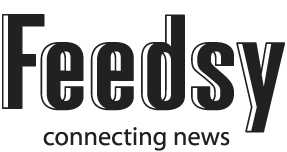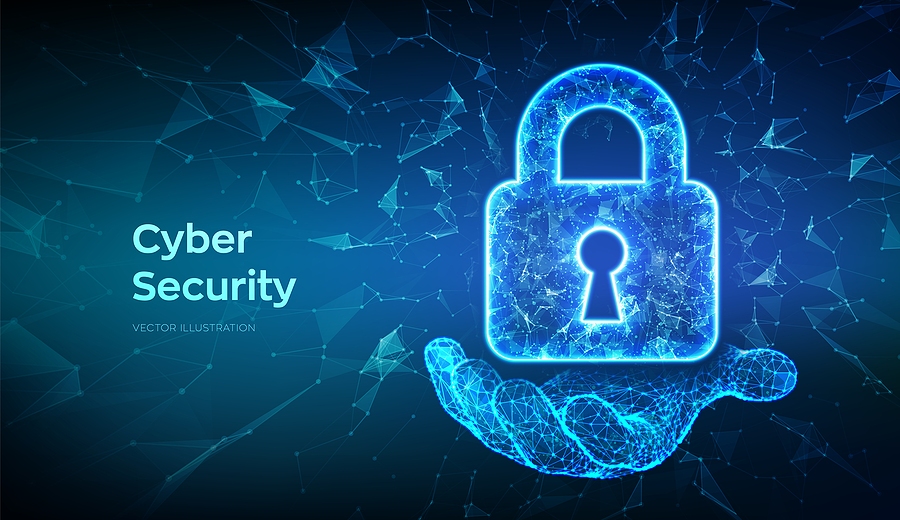The possibility of having cyber criminals make your personal details public is worrying enough, but did you know that criminals can also use this information to damage your business?
“When a company’s security is compromised criminals often put the data they steal up for sale on the dark web, or what is called personal information auction sites,” says Gerry Power, Head of Sales for specialist cyber insurance provider Emergence Insurance.
“One hack might make your name and email address available, which isn’t necessarily a serious loss. However, if a second attack exposes, say, your driver’s license and passport details, criminals could collect all the data they need to steal your identity.”
Loans in your name
With 100 points of identification, a cybercriminal could open a bank account in your name, be approved for a loan or credit card, take the money and leave you to make the repayments. Even unsuccessful applications can put your business at risk by damaging your credit rating.
In that case, you could find yourself locked out of new finance until the matter has been resolved – an often complex and time-consuming process.
“When a company’s security is compromised criminals often put the data they steal up for sale on the dark web, or what is called personal information auction sites”
Writing in the Guardian newspaper just after the Optus breach, Martha Bedggood, who owns a small business in Sydney, explained how a compromised phone number and email address forced her to put a six-month credit ban on all of her own and her husband’s accounts.
Four years later, the fraudulent activity still visible in her credit history is making it hard for her to get any kind of finance.
Five tips to protect personal data
Cybercrime in Australia is continuing to rise and, according to the Australian Cyber Security Centre (ACSC), identity theft was one of the most common threats during the 2022–23 financial year. These tips will help you to protect yourself, your family and your business.
- Use a different strong password for every account.
- Backup your data regularly and often.
- Switch on automated software updates.
- Never provide more personal information than is absolutely necessary.
- Check every link in an email or text before clicking on it.
New insurance brings greater peace of mind
Taking some of these steps to protect your data can reduce your risk of being hacked. However, no business is unassailable – and attacks can be expensive. The ACSC reports that, on average, a single cyber event costs a small business over $39,000.
Emergence Insurance has developed the only personal cyber insurance policy in Australia for individuals and families that provides cover for identity theft and many other cyber exposures – up to $50,000 in cover for as little as $99 a year plus Government charges.
“You also have access to professionals who can support individuals and families with things like obtaining new ID, cancelling credit cards and contacting financial institutions,” Power says. “That’s how this insurance, which is only available through intermediaries, can make the whole process of recovery less stressful.”
Emergence also has a range of cyber insurance products to protect businesses. Find out more by contacting your broker or advisor today.
Important notice – Steadfast Group Limited ABN 98 073 659 677
This general information does not take into account your specific objectives, financial situation or needs. It is also not financial advice, nor complete, so please discuss the full details with your insurance broker or adviser as to whether these types of insurance are appropriate for you. Deductibles, exclusions and limits apply. These insurances are issued by various insurers and can differ.






